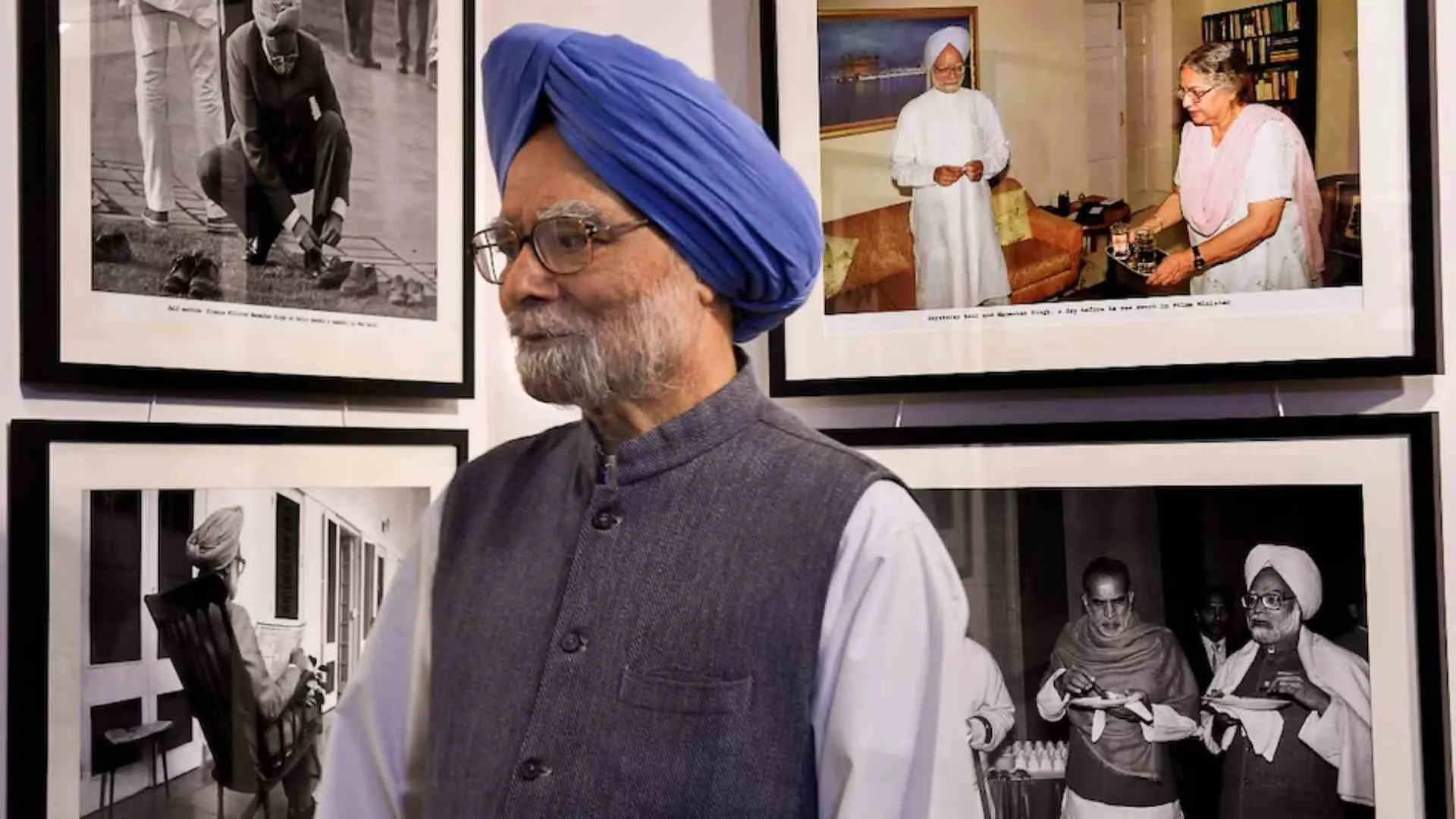In a shocking revelation, Harshita Mishra, a talent acquisition specialist based in Noida, has brought to light a disturbing trend among job applicants—disregarding professional boundaries following a rejection. Mishra recently shared screenshots of inappropriate messages she received from rejected candidates on her LinkedIn profile, highlighting how some individuals found it challenging to accept their job rejections.
Inappropriate Advances and Unwanted Compliments
Many of the job seekers resorted to commenting on Mishra’s physical appearance, using terms like “cute,” “sundar” (beautiful), and “hot.” One candidate went so far as to send her love poetry after receiving a rejection. Mishra pointed out that these types of messages have become increasingly common, stating, “As an HR professional, I’ve observed a disturbing trend: candidates who don’t get selected start to disregard their boundaries. Inappropriate nighttime texts and calls have become a regular occurrence.”
A Call for Awareness
Mishra emphasized the need to expose this issue without hiding any details. “I’ve shared screenshots to illustrate the severity of this issue,” she said, reinforcing her commitment to maintaining a respectful demeanor in the face of such behavior. “Don’t mistake this for my weakness,” she added.
Social Media Outcry
The reactions on social media have been a mix of shock and familiarity, as many users reported similar experiences. One commenter expressed concern for Mishra, urging her organization to take action against such inappropriate behavior. Another shared a recent experience where they were advised to forgive a candidate for their misconduct to avoid harming their future job prospects.
“This is clearly a cheap mentality and harassment,” remarked a LinkedIn user, underscoring the pervasive nature of the issue in professional settings.
Mishra’s brave decision to share her experiences aims not only to shed light on this unacceptable behavior but also to advocate for a more respectful workplace culture.













